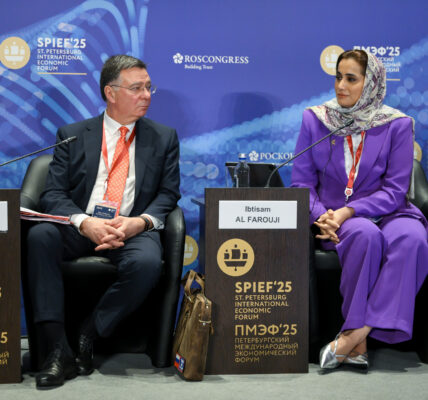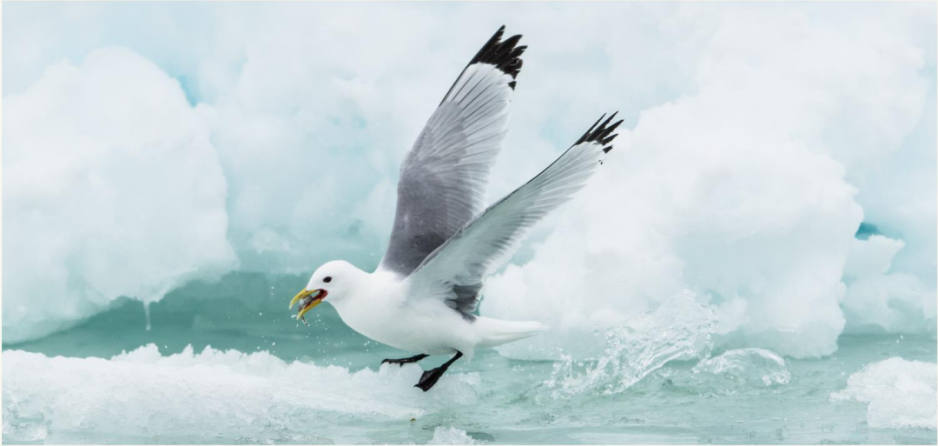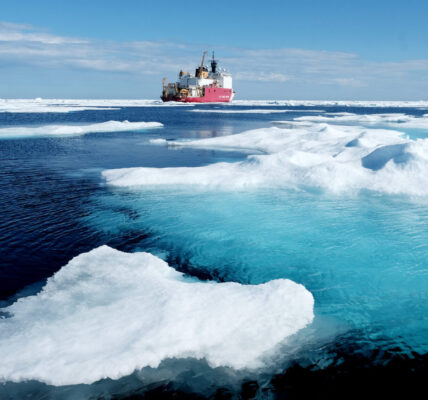Dear reader. The tension in the North increases in line with a growing concern over lost cooperation with Russia, while it is painfully clear that preparedness in the Arctic is not good enough. Yet, the Arctic Council sees hope on the horizon.
This newsletter is written from a storm-closed airport in Northern Norway. Due to a lack of hotel rooms, passengers slept on provisional floor beds.
There were little complaining. “We know where we live,” people said. Sometimes followed by, “We just do not know why…”
The High North conference Arctic Frontiers defied hurricane “Ingunn” and gathered the world in Tromsø, Northern Norway. The topic “Actions and Reactions” ensured that big conversations were had. They revolved around preparedness, security, climate, and energy.
Ministers, researchers, military leaders, media, indigenous peoples organizations, and people from around the world met around the coffee machines for a reality check. Life in the Arctic offers the same challenges and joys. Let us remember that.
One opinion echoes in the conference corridors; tension around climate and conflict increases.
Because even if Arctic people face closed mountain passes and minke whales washed ashore head-on, the preparedness is not equipped for the really big crises, the ones discussed at Arctic Frontiers.
Still, despite increased tension, the Arctic remains a stable region, says Joe Biden’s Arctic adviser, David Balton. Even so, he is concerned about the long-term effects of the lack of cooperation with half of the Arctic region.
That is confirmed by a recent study. It warns against the loss of Russian climate change data from the Arctic, which creates a significant blind spot.
The conference also discussed the Arctic Council and the new Senior Arctic Official for Norway says Russia is still a constructive member. Arctic Council expert Svein Vigeland Rottem says the council cannot survive without Russia.
Without people, we have nothing to defend, the chief of police in Finnmark told me once. Still, no version of the government has managed to increase or maintain the population in Northern Norway.
Norway’s PM Jonas Gahr Støre (Labor), however, disagrees that “nothing has worked.” MFA Espen Barth Eide (Labor) assures that the ministries now sharing the High North policy are very aware of the difference between the South and the North. (Norwegian only)
Read about this and more at High North News. Feel free to follow us on social media.
On behalf of the editorial staff, I wish you a great week wherever you may be.
Best, Editor-in-Chief Trine Jonassen





Can you be more specific about the content of your article? After reading it, I still have some doubts. Hope you can help me.